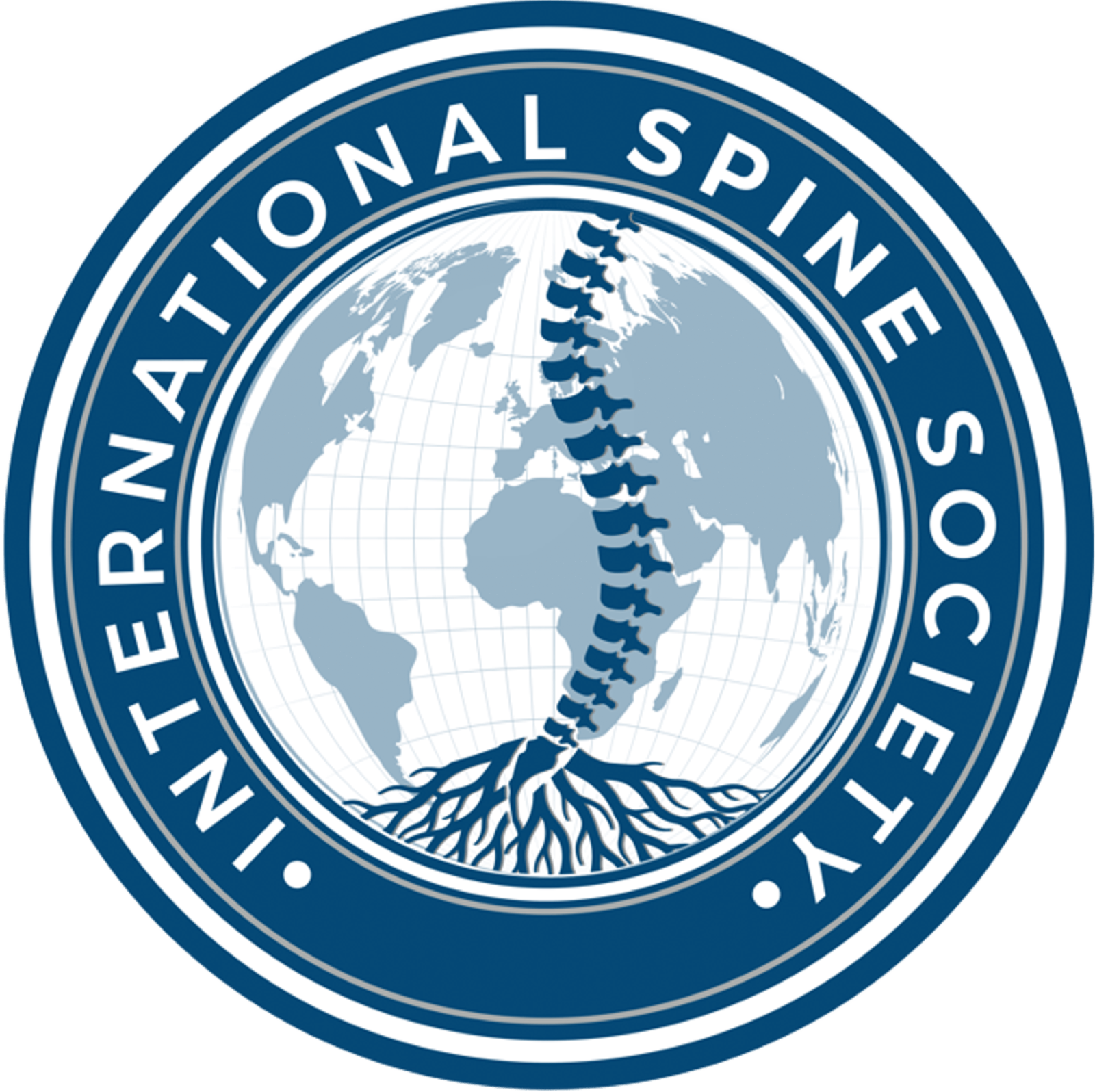Groups | Working Groups
Working Groups are dedicated teams of experts focusing on specific technical, clinical, or scientific areas. Unlike Task Forces, they are long-term but highly specialized, aiming to provide practical solutions, resources, and insights that support members in daily professional practice.
🩻 Spinal Deformity
Purpose:
To advance clinical and surgical understanding of spinal deformities, including scoliosis, kyphosis, and sagittal imbalance.
Focus Areas:
-
Development of standardized treatment algorithms
-
Comparative studies of fusion vs. non-fusion methods
-
Education on deformity correction techniques
Contribution to ISS:
This group promotes international collaboration on improving outcomes in patients with spinal deformities and establishing global guidelines for deformity management.
 Minimally Invasive Surgery
Minimally Invasive Surgery
Purpose:
To promote innovation and excellence in minimally invasive techniques for spinal pathologies.
Focus Areas:
-
Endoscopic and tubular retractor systems
-
Navigation and robotic-assisted surgery
-
Reduction of postoperative pain and recovery time
Contribution to ISS:
The group develops consensus statements and organizes training workshops to enhance the global adoption of safe, effective minimally invasive spinal surgery.
💊 Algology & Pain
Purpose:
To improve diagnostic accuracy and treatment effectiveness for spinal pain syndromes.
Focus Areas:
-
Neuropathic and mechanical pain differentiation
-
Interventional pain procedures and neuromodulation
-
Chronic pain rehabilitation strategies
Contribution to ISS:
Through clinical studies and multidisciplinary collaboration, the group helps refine pain management protocols and reduce chronic disability rates worldwide.
🧘 Physical Therapy and Rehabilitation
Purpose:
To strengthen rehabilitation practices in preoperative and postoperative spinal care.
Focus Areas:
-
Evidence-based physiotherapy approaches
-
Kinesiotherapy and functional recovery programs
-
Prevention of secondary complications after surgery
Contribution to ISS:
This group supports training programs and promotes integration of physiotherapists into spine care teams to ensure holistic recovery for all patients.
🧠 Spinal Cord Injury and Rehabilitation
Purpose:
To improve patient outcomes after spinal cord injury through rehabilitation innovation and early intervention.
Focus Areas:
-
Neuroplasticity-based rehabilitation
-
Robotics and virtual reality therapy
-
Functional electrical stimulation (FES) applications
Contribution to ISS:
The group fosters international data sharing and clinical trials to redefine long-term care standards for spinal cord injury patients.
💉 Spinal Rheumatology
Purpose:
To enhance early diagnosis and treatment of inflammatory spinal diseases such as ankylosing spondylitis.
Focus Areas:
-
Biologic and immunomodulatory therapies
-
Imaging-based diagnostic protocols
-
Patient education and long-term monitoring
Contribution to ISS:
This group collaborates with rheumatology societies to unify diagnostic criteria and optimize multidisciplinary care for inflammatory spinal conditions.
🦠 Spinal Infection
Purpose:
To improve prevention, diagnosis, and treatment of spinal infections.
Focus Areas:
-
Management of spondylodiscitis and epidural abscesses
-
Antimicrobial stewardship and surgical protocols
-
Outcome registries for infection-related spine cases
Contribution to ISS:
By developing evidence-based recommendations, the group enhances awareness and promotes standardized management of spinal infections globally.
🧬 Spinal Anatomy
Purpose:
To deepen anatomical understanding and surgical safety in spinal procedures.
Focus Areas:
-
Comparative and applied spinal anatomy
-
Advanced imaging and 3D reconstruction
-
Anatomical education and cadaveric workshops
Contribution to ISS:
The group supports ongoing education and fosters research linking anatomical discoveries to clinical innovation and surgical excellence.
⚙️ Spinal Neurotechnology
Purpose:
To explore and integrate emerging technologies in spinal neuromodulation and bioengineering.
Focus Areas:
-
Spinal cord stimulators and brain–spine interfaces
-
AI-assisted diagnostics and smart implants
-
Neuroprosthetics for motor recovery
Contribution to ISS:
This group connects engineers, neuroscientists, and clinicians to accelerate the translation of neurotechnological advancements into real-world spine care.
🔬 Research and Development
Purpose:
To drive innovation, clinical research, and technological development across all fields of spinal medicine.
Focus Areas:
-
Clinical trials and outcome research
-
Biomaterials, tissue engineering, and regenerative therapies
-
Data-driven approaches and AI in spine care
Contribution to ISS:
The R&D group coordinates international research collaborations and supports scientific dissemination to continually improve spine-related health outcomes.
